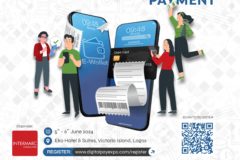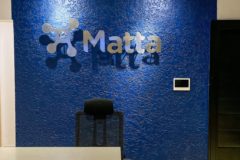A healthy lifestyle necessitates access to medicine and uncontaminated food, and with Nigeria’s post-harvest processing and storage facilities churning out a huge 70% of food waste every time, it is proof that the general pattern of storage is ineffective, hence, the use of cold technology, for proper preservation of food nutrients and reduce contamination.
In the just concluded Next Innovation with Japan (NINJA) accelerator program cohort 2, one of the participants, Kipitfresh, was represented by Jacob Ugbodaga (Founder), who made a pitch about the solution they have been working on to reduce food waste and provide value for more farmers.
During the program, they launched a solar-powered mobile reefer for fruit farmers, launched a marketing campaign to onboard product users, and engaged farmers extensively to provide storage and access-to-market for their fruit products They also provide logistics services using solar-powered refrigerated trucks from the farm to the market.
Kipitfresh’s revenue model is split into cold storage and cold distribution of fruits. This was a result of research conducted by the team to know farmers’ and retailers’ needs and directly address their pain points. They have raised $100,000 to implement their solution, which employs cold-chain-as-a-service, temperature monitors, and electronic wallets to store, transport fruits, and retain value from the point of harvest to the consumer’s table.
So far, Kipitfresh’s model proved to be efficient and sustainable. That is why they are seeking to raise a million dollars to build user-friendly software applications that allow fruit farmers to project the number of fruit crops to plant per season and to expand their cold technology services to other fruit communities. To join them on this journey to make uncontaminated food more accessible, kindly send an email to sato.shohei@jica.go.jp and support@theventurespark.com.


















